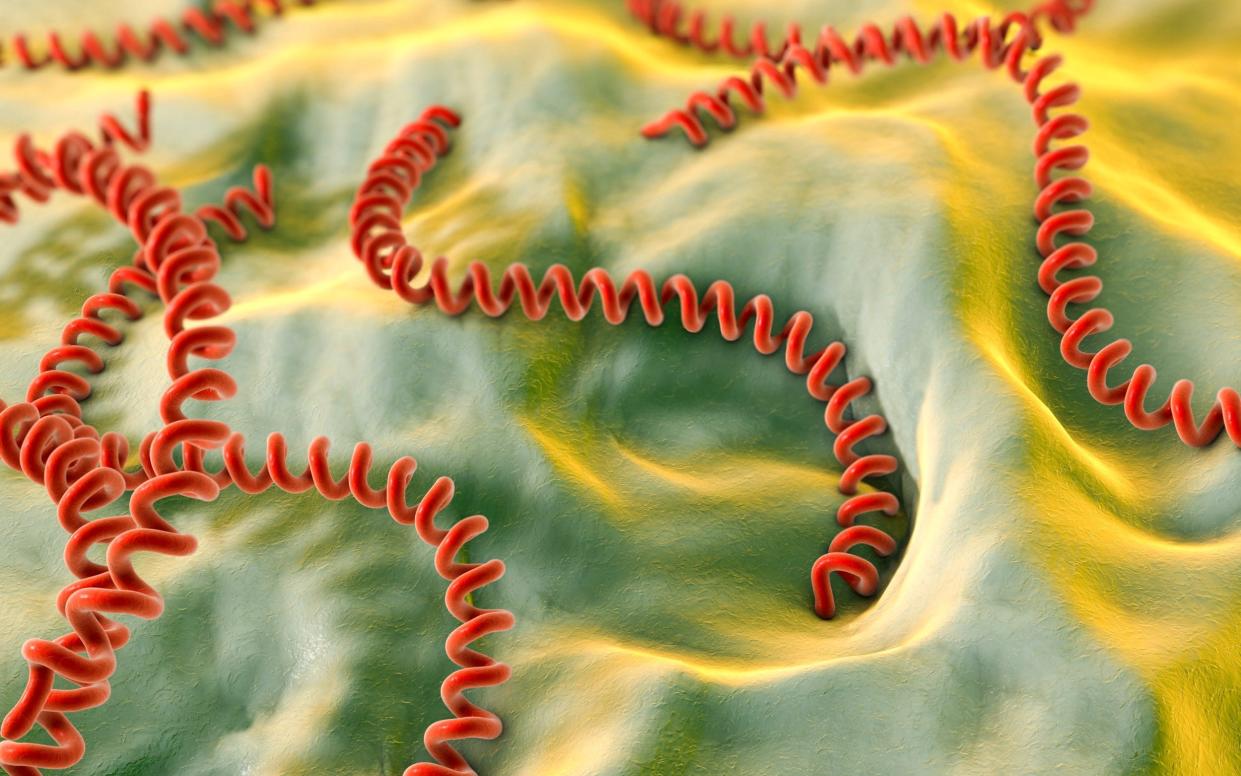Child contracts rare disease after swimming in Essex river

A child contracted the rare Weil’s disease after swimming in a river, an Essex council has said.
Dedham parish council said the student “suffered a severe infection after swimming in the River Stour at Dedham, and has been very poorly”.
In a letter published online, the authority said it was a “confirmed case of Weil’s disease (leptospirosis), which can be very serious”.
The disease is spread in the urine of infected animals, most commonly rats, mice, cows, pigs and dogs.
People can contract Weil’s disease if soil or fresh water gets in their mouth, eyes or a cut.
Most people who get Weil’s disease have no symptoms or mild flu-like symptoms, but some people become seriously ill, according to the NHS.
Symptoms may include high temperature, headache, body aches and pain, stomach ache, feeling or being sick, diarrhoea, redness in the whites of your eyes and yellowing of the skin or whites of the eyes.
People who may have been exposed to infected urine and are displaying symptoms are advised to see a GP.
The River Stour straddles the Suffolk and Essex border and has been painted by the artists John Constable and Thomas Gainsborough.
Dedham Parish Council said the Environment Agency is monitoring the river.
The Environment Agency has been approached for comment.
The council added that local environmental group PACE Manningtree (Practical Actions for Climate and the Environment) is “investigating the impact of untreated sewage released into the river by the sewage works at Dedham”.
Polluted rivers and coasts
The case comes amid growing anger over the polluted state of England’s rivers and coasts.
The council said it wanted to warn, “in addition to the risks of Weil’s disease and pollution”, of several other “serious safety concerns” about a site at the river at Mill Lane.
These include a report that a young boy “gashed his foot open” last weekend, with litter including glass bottles and cans regularly left in the area and posing a hazard.
There are also reports of metalwork underneath a bridge where many children jump from, and where the water can be “dangerously shallow”.
Meanwhile, around 16,000 households and businesses in the Brixham area of Devon have been told not to use their tap water for drinking without boiling and cooling it first due to cases of a waterborne disease caused by a microscopic parasite.
The UK Health Security Agency said last week that 46 cases of cryptosporidium had been confirmed and that more cases were anticipated.

